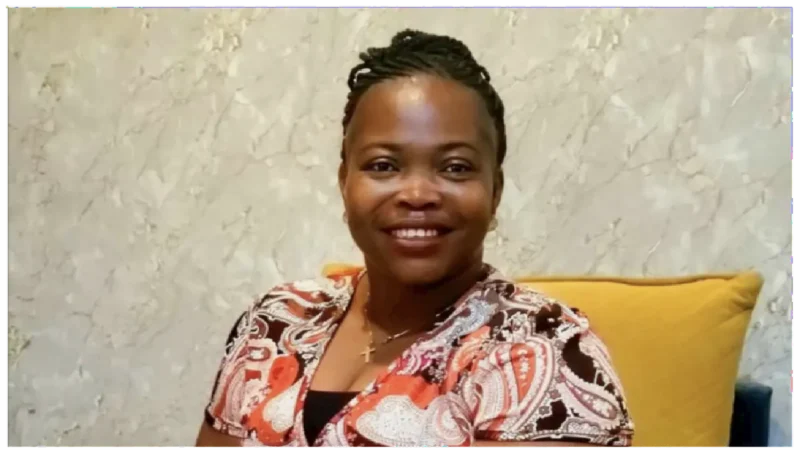The implementation of the Free Senior High School (Free SHS) policy in Ghana has been a collaborative effort that involved various stakeholders working together towards a common goal of providing quality education for all. The success of the Free SHS policy hinges on the active participation and contributions of stakeholders from different sectors. In this article, we shall explore the crucial role that stakeholders play in supporting, shaping, and sustaining the Free SHS policy in Ghana.
Government
The government serves as the primary driver and custodian of the Free SHS policy. It formulates and implements the policy, allocates resources, and sets the overall direction. The government’s commitment to education and its provision of funding, infrastructure development, and policy support are essential to the successful implementation of the Free SHS policy.
Educational Institutions
Schools and educational institutions are key stakeholders in the Free SHS policy. They play a pivotal role in implementing the policy at the grassroots level. Educational institutions ensure that the necessary infrastructure and resources are in place to accommodate increased enrollment, provide quality education, and create conducive learning environments for students.
Teachers and Educators
Teachers and educators are critical stakeholders in the Free SHS policy. They are responsible for delivering quality education, supporting students’ academic and personal growth, and ensuring effective teaching and learning practices. Teachers contribute their expertise, knowledge, and dedication to student success, fostering a positive learning environment and shaping the overall outcomes of the Free SHS policy.
Students
Students are at the heart of the Free SHS policy. They are not only recipients of education but also active participants in their own learning. Students contribute by engaging in their studies, embracing educational opportunities, and advocating for their educational rights. Their commitment to academic excellence, participation in extracurricular activities, and collaboration with peers enhance the overall impact of the Free SHS policy.
Parents and Guardians
Parents and guardians play a crucial role in supporting and promoting the Free SHS policy. Their engagement and involvement in their children’s education, including monitoring their progress, attending parent-teacher meetings, and supporting their educational aspirations, significantly contribute to the success of the policy. Strong parental support creates a conducive home environment that reinforces the benefits of the Free SHS policy.
Community and Civil Society
The involvement of community members and civil society organizations is instrumental in supporting the Free SHS policy. They can contribute by raising awareness, providing complementary educational services, organizing mentorship programs, and advocating for policies that promote the sustainability and improvement of the Free SHS policy. Their active participation strengthens the overall support and engagement of the community in education.
Private Sector and Philanthropic Organizatios
The private sector and philanthropic organizations play a vital role in supporting the Free SHS policy through financial contributions, scholarships, infrastructure development, and partnerships. Their investments and collaboration contribute to the expansion of educational opportunities, the enhancement of educational resources, and the creation of innovative solutions to improve the quality of education under the Free SHS policy.
Conclusion
The success of the Free SHS policy in Ghana is driven by the collective efforts and contributions of various stakeholders. The government’s leadership, educational institutions, teachers, students, parents, community members, civil society organizations, and the private sector all play integral roles in supporting and shaping the policy. By collaborating and working together towards the common goal of providing quality education for all, these stakeholders lay the foundation for an inclusive, equitable, and transformative educational system under the Free SHS policy.




